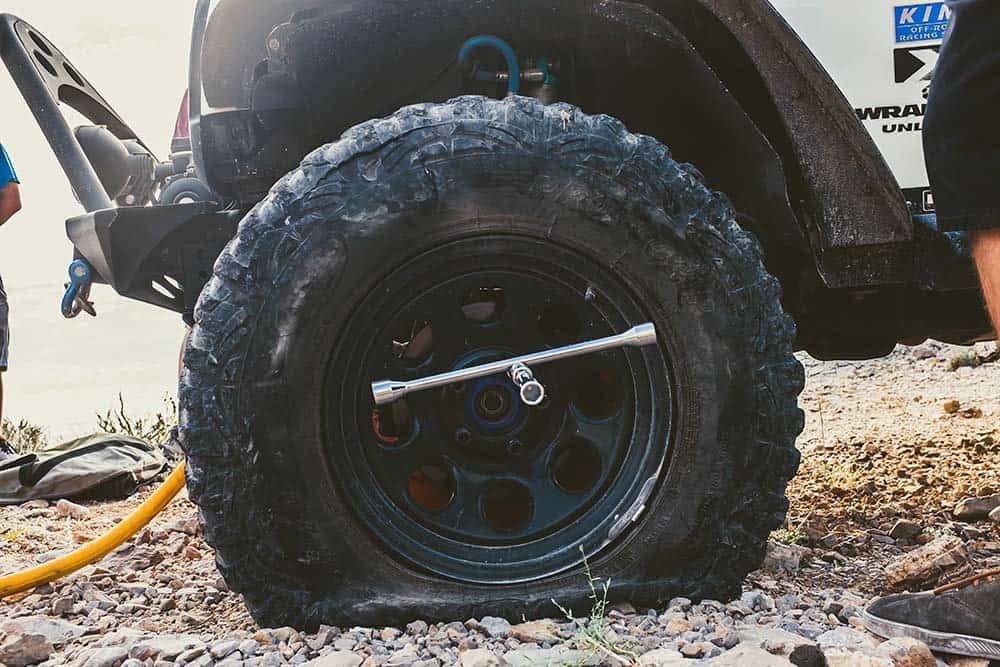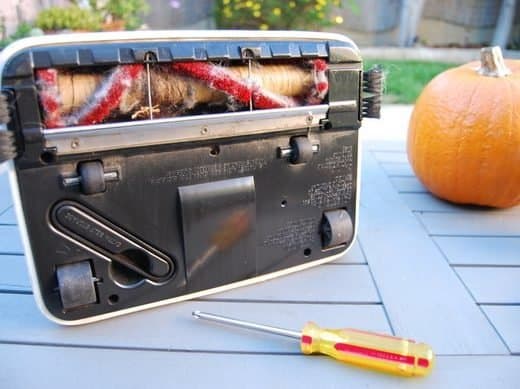It’s bitter cold outside and you go to turn on your water or take a bath and, surprise! No water. There’s a good chance that the water in your pipes has frozen therefore stopping the flow of water into your home.

As water freezes and unfreezes the pipes feel the brunt of the damage as the water will expand and contract. Over time this will lead to the pipes bursting which is a problem you want to avoid at any cost or it will cost you.
When should I worry about my pipes freezing?
When the outside air temperature dips to 20 degrees F or below you need to take the proper precautions to prevent your pipes from freezing. In Northern climates that have days or months below 20 degrees, homes are built with water pipes located inside a building behind insulated walls.
Pipes can still freeze if your home isn’t properly insulated and there are holes allowing the cold air inside. Pipes can also easily freeze in climates that don’t typically experience cold weather because these pipes are usually built on the outside of homes and are more exposed.
Avoiding the freeze
Water pipes that are exposed to freezing temperatures are vulnerable. This means all pipes in crawl spaces, attics, basements and uninsulated rooms should be protected by wrapping insulation sleeves around the pipes. These are usually made of fiberglass or foam rubber and come in different diameters and at whatever length you need.
You also need to seal any areas of your home where cold air can enter an uninsulated area. Holes created from electrical or phone cables can be large enough to compromise the heat in an area.
Relieving the pressure
Although we don’t advocate water waste, letting a faucet drip ever so slightly is enough to reduce the pressure buildup in your plumbing system and could help prevent a frozen pipe. If the drip stops keep the faucet open as the water may have frozen but without that back pressure your pipes could still be okay.
It’s too late the pipes are frozen!
We suggest putting a call in to a licensed plumber ASAP as they will best be able to diagnose the issue and hopefully work with you to determine which pipes need to be insulated and what can be done.
If a pipe has burst turn off your water from the main shut-off valve which is typically located outside and near your meter.
Going on Vacation
If you plan on leaving for the holidays or just traveling during the winter and suspect that the weather may dip below 20F then you can take precautions to make sure your pipes don’t freeze while you’re gone. The best way to do this is to empty the pipes of water so there is nothing to freeze.
Turn off the water from the main shut-off valve then turn on the water inside and let it run until all the pipes are empty. You can then turn off the faucets and leave the main shut-off valve closed. When you return home simply turn the main water valve back on and you’ll be back in business.




4 Comments
KC’s
September 20, 2023 at 4:57 amAnother crucial tip to remember is to check your heating system regularly, especially before the colder months arrive. Regular maintenance and inspections can help prevent abrupt heating system breakdowns, ensuring your home stays warm and your pipes remain safe from freezing and bursting. Don’t wait until it’s too late – a little maintenance now can save you from a lot of trouble later.
First Choice
December 11, 2023 at 10:03 pmThanks for sharing these tips! One additional valuable tip to consider is to install pipe heating cables in areas prone to freezing. These cables can be wrapped around vulnerable pipes and are equipped with thermostats to automatically activate when temperatures drop, keeping the pipes warm and preventing freezing.
Glenn Gault
September 25, 2024 at 7:36 amThese are great tips! One more to consider during the colder months is using space heaters in areas where pipes are more exposed, like along external walls or in poorly heated spaces such as basements or attics. Keeping these areas a bit warmer can help prevent pipes from freezing and bursting, which can save you from dealing with a big mess and expensive repairs.
PEtrovick
October 24, 2024 at 5:10 amSuch a thought-provoking article! I found it very informative.